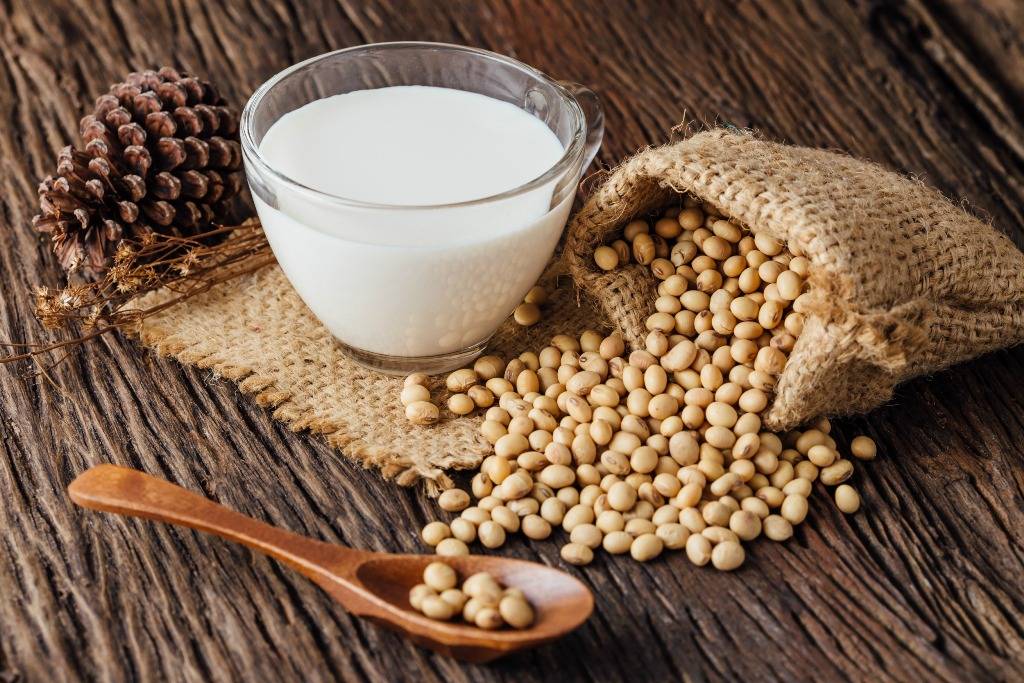
Soybeans (Glycine max) a legume native to eastern Asia contains antioxidants and phytonutrients that are beneficial to health but also may need potential adverse effects if you're allergic. There are various soybeans products available in the market including soybean meal, soy protein, tofu, soy milk, soy sauce, and soyabean oil.
It is one among the simplest sources of plant-based protein and contains 36–56% of the dry weight protein as per PubMed Central. The most sorts of protein in soybeans are glycinin and conglycinin, which structure approximately 80% of the entire protein content but might trigger allergies in some people.
Here are the health benefits of Soybeans:
Reducing carcinoma risk: In 2019 review of studies indicates that the isoflavones in soybean can help reduce the danger of hormone associated cancers, including prostatic adenocarcinoma and a few breast cancers.

Help in reducing the danger of type 2 diabetes: consistent with an equivalent 2019 review of studies, soybeans isoflavones can also reduce the danger of diabetes, though the mechanism through which they'll achieve this is often still unknown.
Can be used for treating osteoporosis: Soybeans isoflavones can also be an efficient alternative to hormone replacement therapy (HRT) for ladies with osteoporosis.
It may reduce the danger of a variety of health problems, including disorder, stroke, coronary heart disease (CHD), and a few cancers also as improving bone health.
Most people who follow vegan or vegetarian diets may eat soy more frequently as a meat substitute for the source of protein. Although it’s perfectly safe to dine in moderation, if you’re worried about your soy intake, it’s best to debate this together with your doctor. Always take care while consuming soy products if you're allergic don’t consume it.









